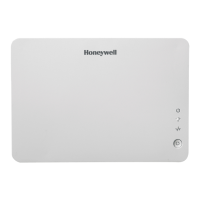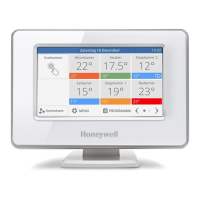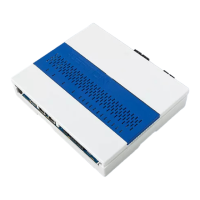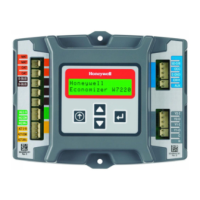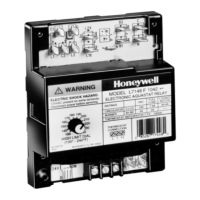ENGINEERING MANUAL OF AUTOMATIC CONTROL
VALVE SELECTION AND SIZING
432
INTRODUCTION
This section provides information on valve selection and
sizing. Valves must be selected for ability to meet temperature,
pressure, flow control characteristic, and piping connection
requirements of the hydronic system. Valve sizing is critical to
ensure support for heating and cooling loads with adequate valve
capacity, yet able to control system flow to provide stable
building conditions efficiently.
DEFINITIONS
VALVE COMPONENTS
Actuator: The part of an automatic control valve that moves
the stem based on an electric, electronic, or pneumatic
signal from a controller. The actuator and valve can
be two separate devices or together they can be one
device.
Body: The valve casting through which the controlled fluid
flows (Fig. 1).
Fig. 1. Globe Valve Components.
Bonnet: The part that screws to the top of the valve body and
contains the packing that seals and guides the valve
stem.
Disc: The part of the valve assembly that contacts the valve
seat to close off flow of the controlled fluid. Some
valve assemblies are built so the disc is replaceable.
Replaceable discs are usually made of a composition
material softer than metal.
Plug: The part that varies the opening for the fluid to flow
through the valve body. The following describes the
three most common types of plugs:
—A contoured plug has a shaped end that is usually
end-guided at the top or bottom (or both) of the
valve body. The shaped end controls fluid flow
through the valve with respect to stem travel.
—A V-port plug has a cylinder, called a skirt, that
rides up and down in the valve seat ring. The
skirt guides the plug and varies the flow area
with respect to stem travel via its shaped
openings.
—A quick-opening plug is flat and is either end-
guided or guided by wings riding in the valve
seat ring. The flat plug provides maximum flow
soon after it lifts from the valve seat.
Port: The opening in the valve seat.
Seat: The stationary part of the valve body that has a raised lip
to contact the valve disc when closing off flow of the
controlled fluid.
Stem: The shaft that runs through the valve bonnet and connects
an actuator to the valve plug.
Trim: All parts of the valve that contact the controlled fluid.
Trim includes the stem, packing, plug, disc, and seat;
it does not include the valve body.
VALVE FLOW CHARACTERISTICS
Direction of flow: The correct flow of the controlled fluid
through the valve is usually indicated on the valve
body. If the fluid flow through the valve is incorrect,
the disc can slam into the seat as it approaches the
closed position. The result is poor control, excessive
valve wear, and noisy operation. In addition, the
actuator must work harder to reopen the closed valve
since it must overcome the pressure exerted by the
fluid on top of the disc rather than have the fluid assist
in opening the valve by exerting pressure under the
disc.
Equal percentage: A valve which changes flow by an equal
percentage (regardless of flow rate) for similar
movements in stem travel (at any point in the flow
range).
M12225
STEM
BONNET
SEAT
DISC
BODY
PLUG
DISC
HOLDER
OUT
IN

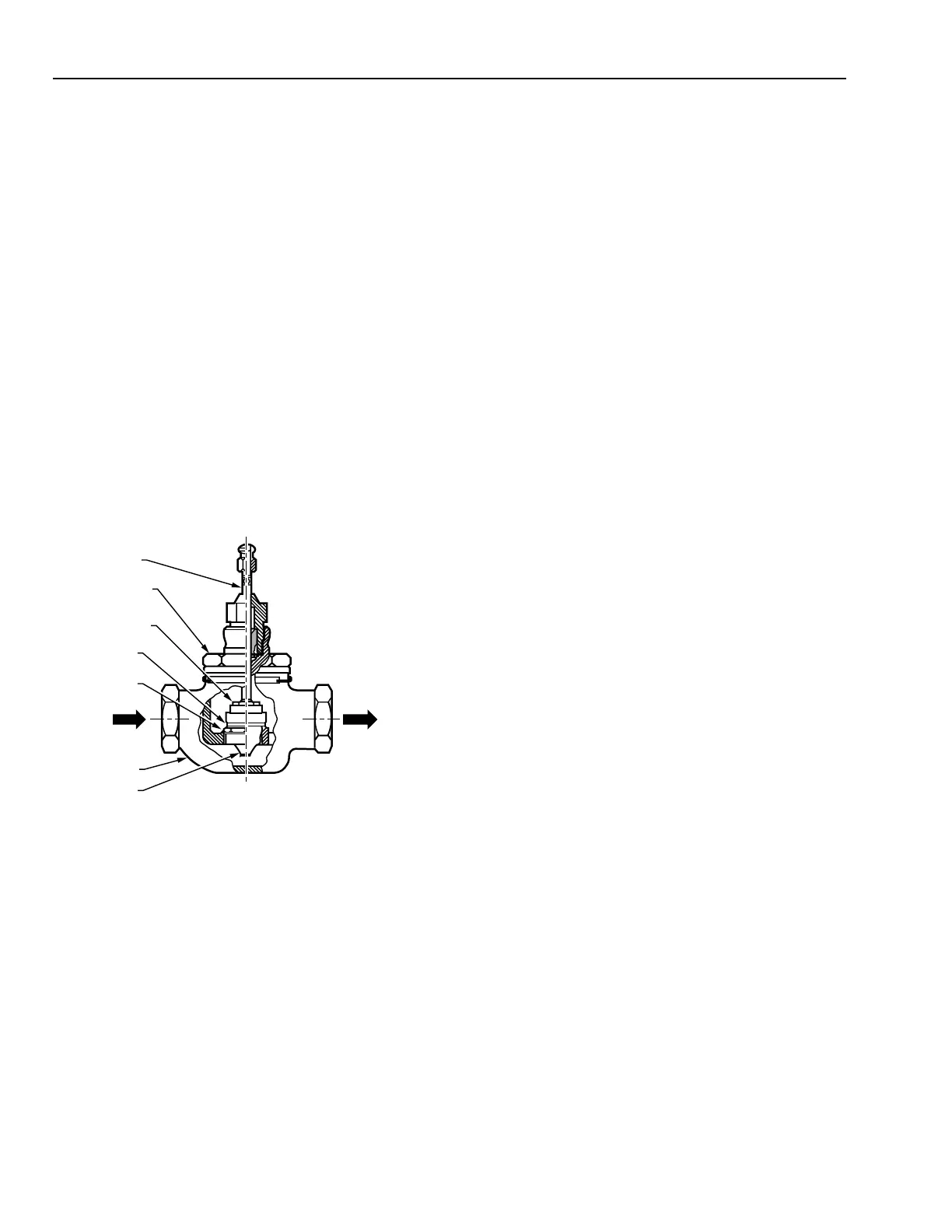